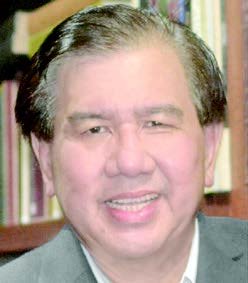 By Saul Hofileña Jr.
By Saul Hofileña Jr.
I RECENTLY released a book entitled "Juicio Final." It is a history
book with paintings that would give visual life to the stories. The
cover of the book shows an imposing Igorotta which was borrowed from the
frontispiece of a book written by the French traveler, René Jouglet, in
the 1930s romantically entitled "The Lost City," making people conjure
images of Shangrila. He was so fascinated with gold and treasure hunts
that he once embarked on a quest for Limahong's gold cache and wrote
about it. With sheer romanticism coated by greed, he described the
Philippines as a scattering of misty islands of picturesque volcanoes
and mountains that "contain mankind's main source of sustenance — gold."
He fueled the misguided search for El Dorado.
It may be difficult
to believe, but American interests in Baguio and in the Mountain
Province began years before Admiral George Dewey's fleet sailed into
Manila Bay to destroy the Spanish Navy and seal the fate of that Iberian
empire. The American zoologist, Dean Conant Worcester, was in the
Philippines as early as 1892. He met Domingo Sanchez, an employee in the
Bureau of Forestry of the Spanish colonial government, who told him
about a region in northern Philippines with pine trees and oaks, and a
perpetually temperate climate, just like the United States.
Article taken from: https://www.manilatimes.net/2023/06/03/opinion/columns/the-lost-city-and-how-the-igorots-lost-their-lands/1894293